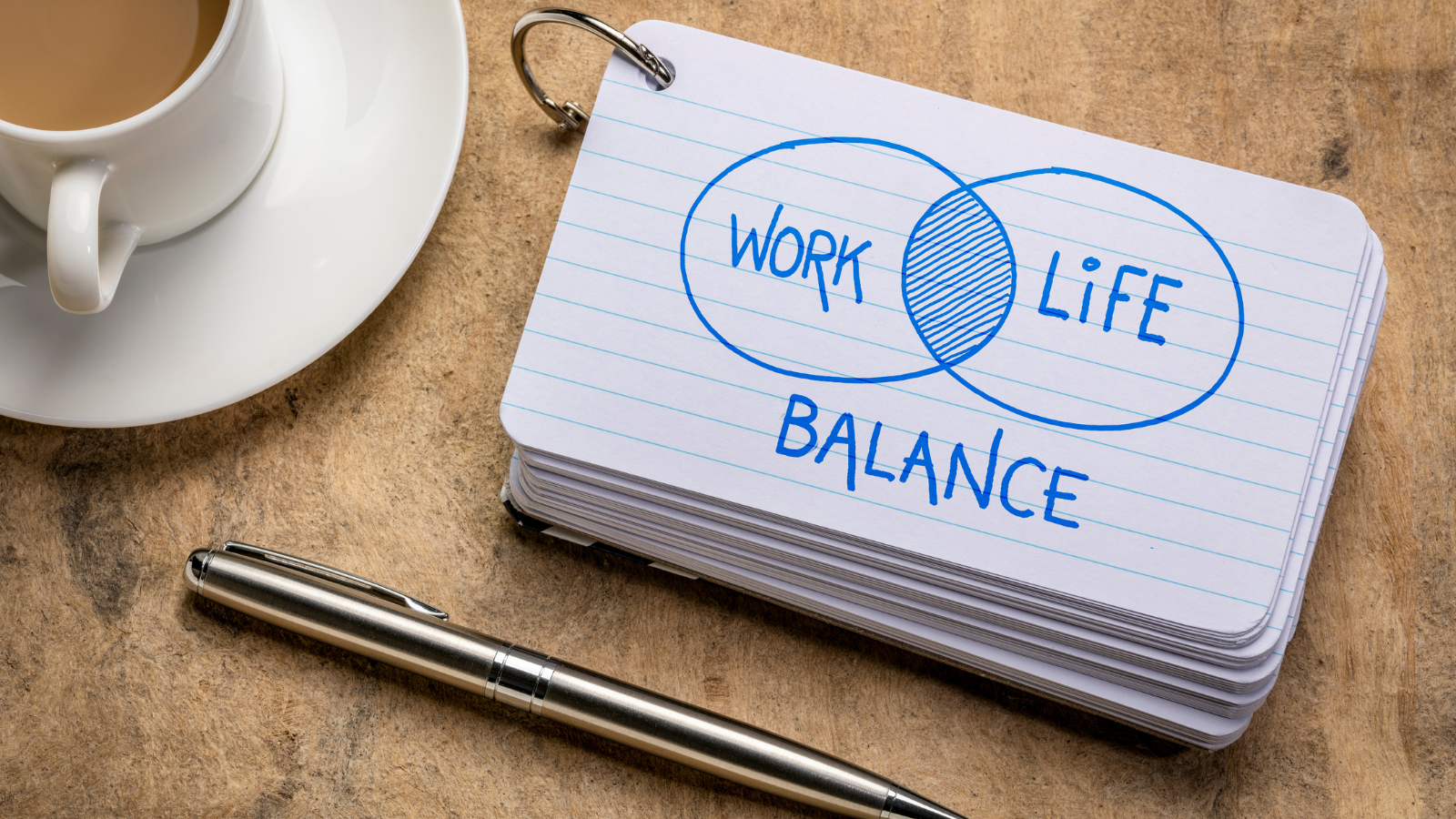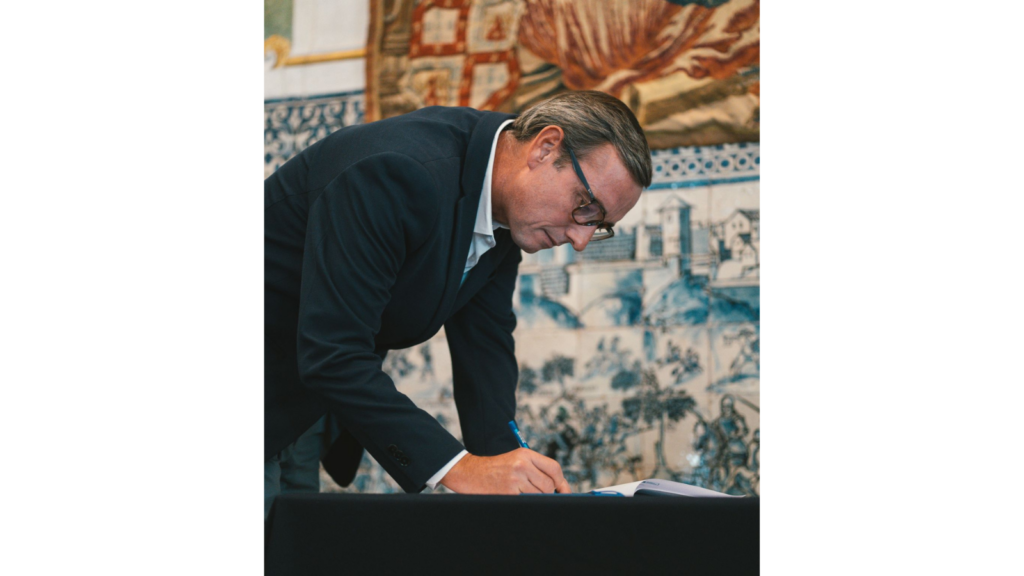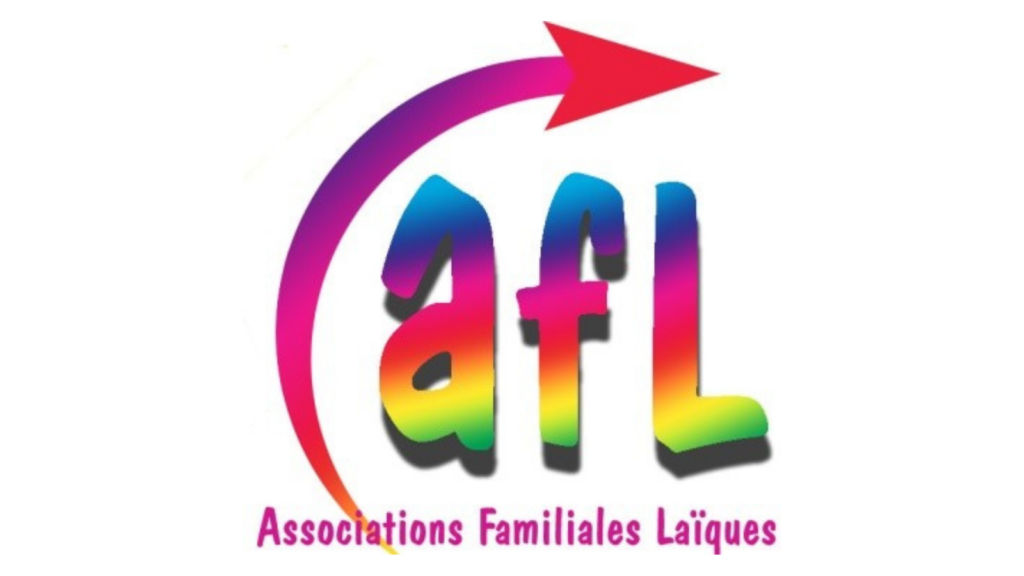As part of the transposition of the EU Work-life balance directive, the Austrian government’s recent proposal requires fathers to take two months of parental leave if the family wishes to use the full 24 months of leave. This is part of policy incentives to encourage men to be more involved in family care and take up their parental leave rights. The family time bonus will also be increased to 1,480 euros per month. The duration of the legal entitlement to parental leave until the child’s second year (24 months) remains unchanged.
Alfred Trendl, President of the Catholic Family Association Austria (KFÖ), expressed both approval and concern regarding the government’s proposal. While applauding the doubling of the family time bonus to 1,480 euros per month, Trendl voiced criticism of the government’s decision to cut two months of leave (from 24 to 22 months) for families where only one parent takes parental leave. He argued that this infringes upon parental choice in childcare arrangements.
Trendl further explained that the KFÖ would have preferred an expansion of parental leave options, such as reserving an additional two months for fathers after the initial 24 months of parental leave. He hopes that family-friendly businesses will voluntarily grant these two months of leave to women.
Austrian Labour Minister Martin Kocher emphasised that there is no obligation for the second parent to use parental leave. However, to fully use the existing parental leave period until the child’s second year, at least two months must be reserved for the other parent. He stated that single parents are unaffected by this change, and there will be no reduction in financial benefits as the amount of childcare benefit remains constant regardless of the duration of use. This measure aims to promote increased uptake of parental leave by men and encourage a more equal division of caregiving responsibilities.
Find out more here (Austrian German).





